
Minister of Information and National Orientation, Mohammed Idris
The Minister of Information and National Orientation, Mohammed Idris, has called on international media organisations to move away from what he described as negative in their coverage of Nigeria.
The minister, while meeting with a delegation from the British Broadcasting Corporation in Abuja on Thursday, challenged the global media to adopt a more accurate, balanced, and fair approach to reporting on the country.
“There are not only bad things coming out of Nigeria,” he said in a statement signed by his media aide, Rabiu Ibrahim, while stressing that the country was on a path to prosperity.
He called on the BBC and other foreign media to take greater care in telling the full story of Nigeria.
“We will also urge you to continue to balance your stories to hear our own side of the story. I am sure your correspondents on the ground would have seen that we have a lot of positive things that we are doing in this country, and there is a gradual progression towards prosperity that we are seeing.
“I want to share with you the commitment of the Nigerian Government to every news-gathering organisation. Our commitment is that we want to stay as focused and unbiased and as free as possible,” he said.
Idris further highlighted that the Tinubu administration had maintained a policy of press freedom, pointing out that no complaints of harassment from international journalists had been reported.
He praised the BBC for its strategic move of relocating its Hausa Service to Abuja, which has created significant local employment opportunities.
He also acknowledged the longstanding partnership between Nigeria and the BBC, a relationship built on trust and respect that spans over five decades.
The BBC’s Deputy CEO and Director of Global News, Jonathan Munro, who is in Nigeria for the first time, expressed his admiration for its strong audience base in Nigeria, where the BBC reaches over 30 million people weekly.
He confirmed that Nigeria represents the BBC’s third-largest market globally, after the U.S. and India.
Munro, who described Nigeria as a global power, noted the BBC’s expansion into new digital and multimedia platforms and its ongoing efforts to broadcast in Pidgin, Hausa, Igbo, and Yoruba to reach Nigeria’s diverse population.

 4 months ago
39
4 months ago
39
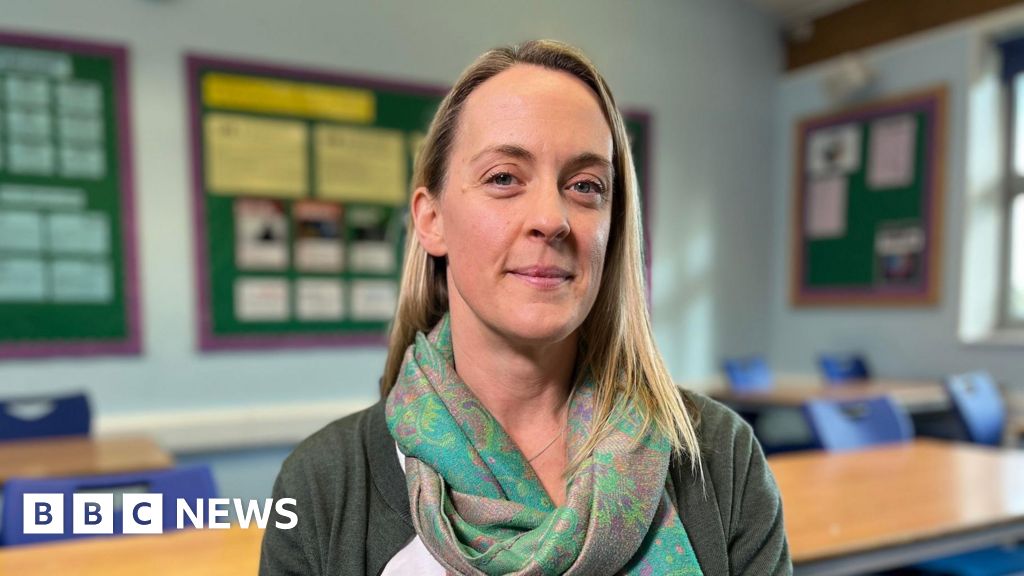



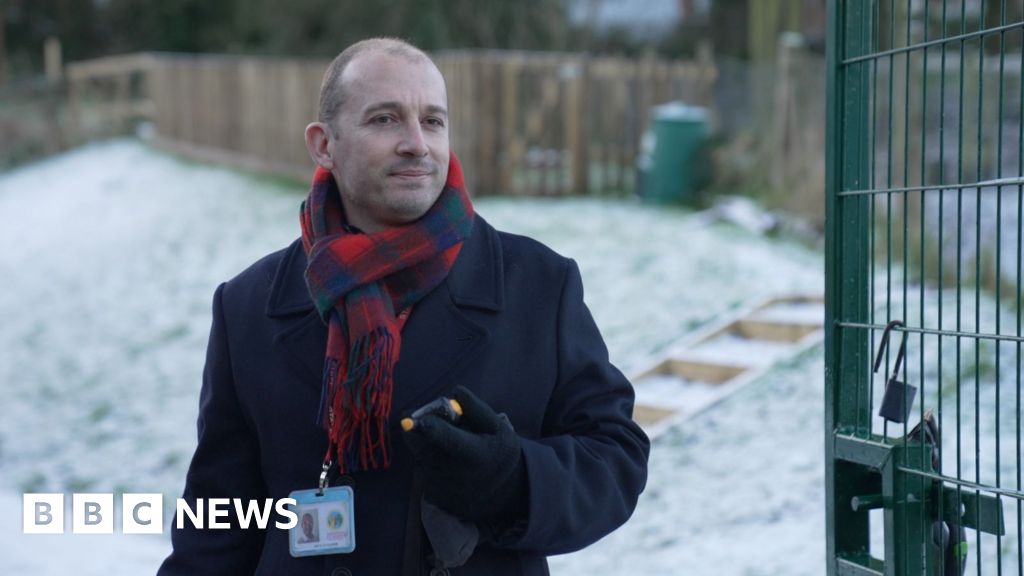
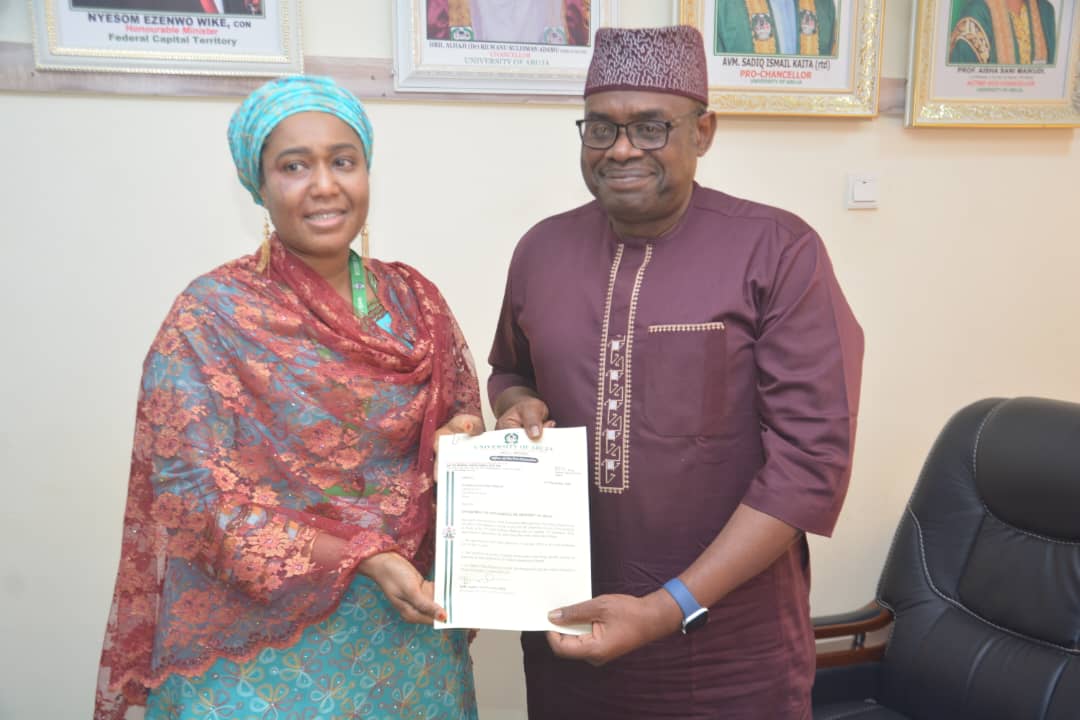
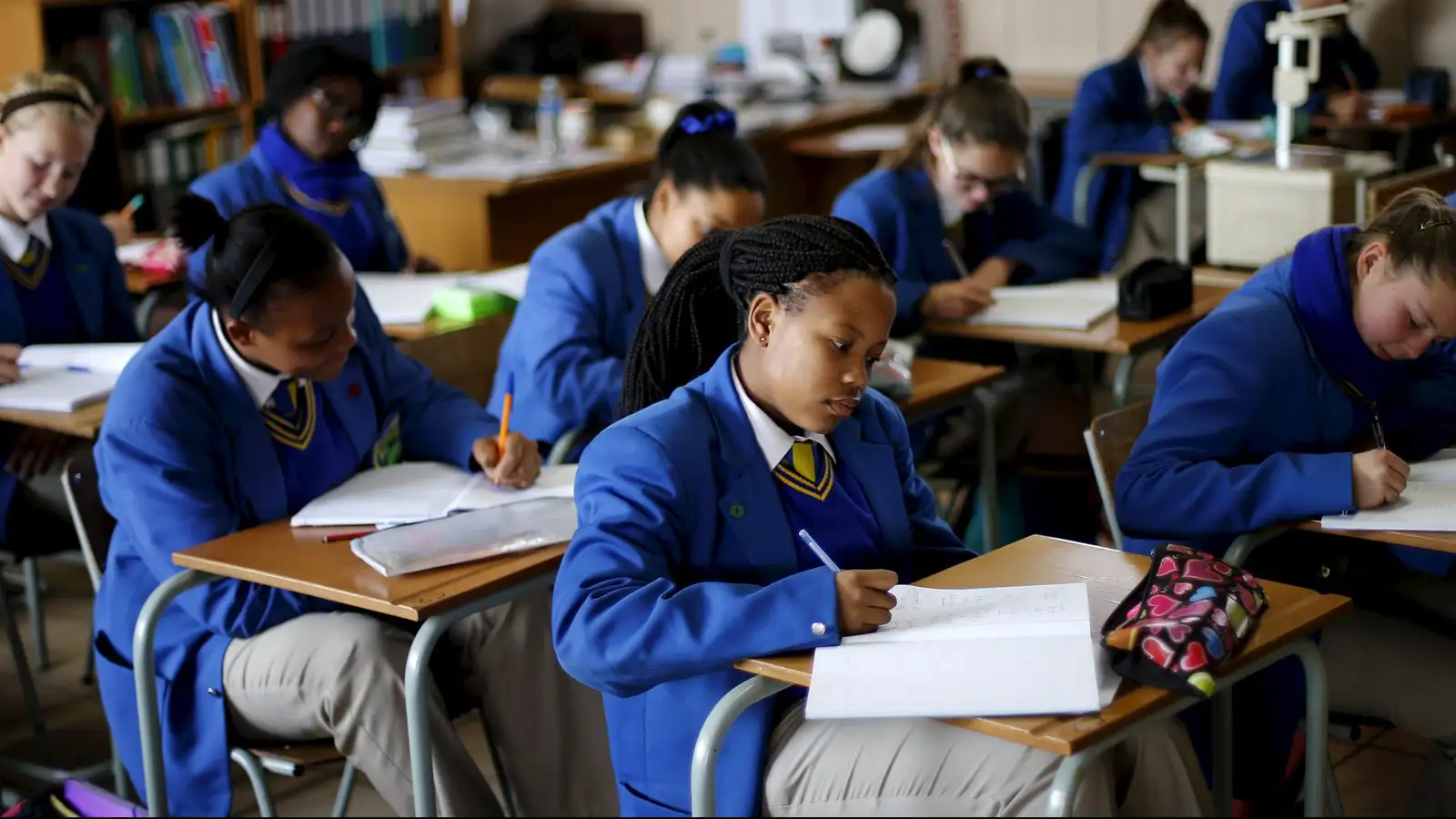

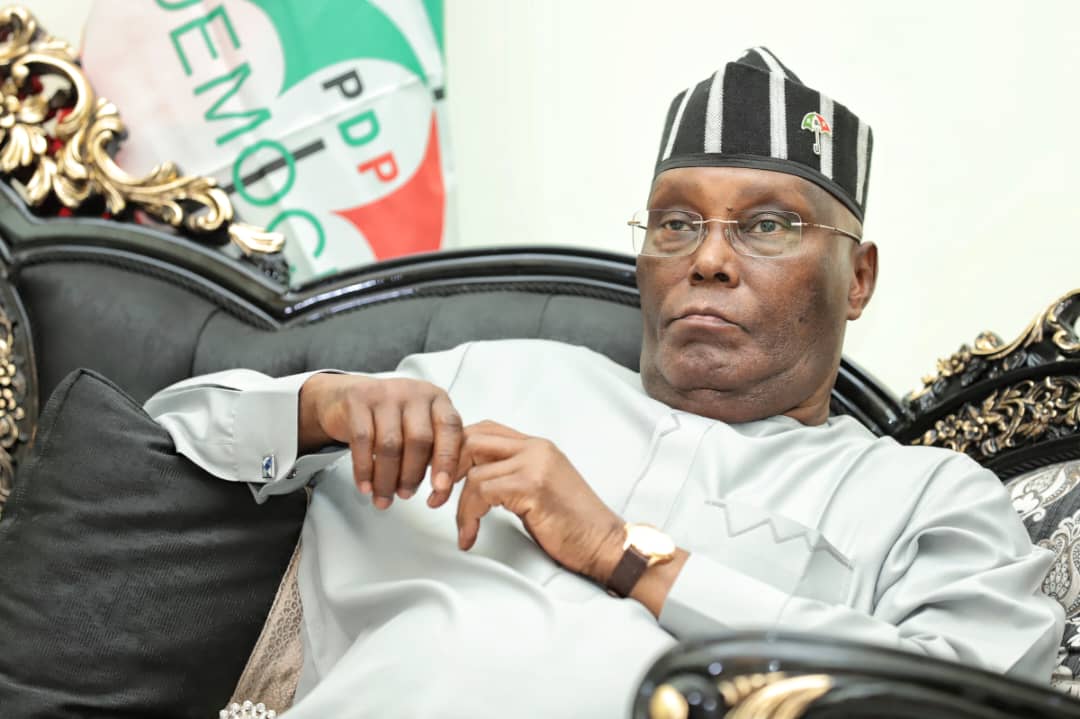
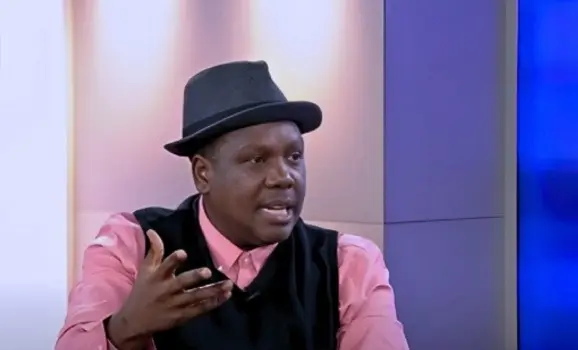
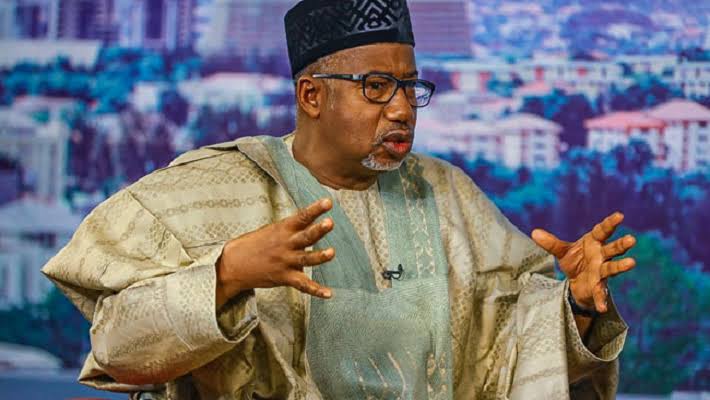


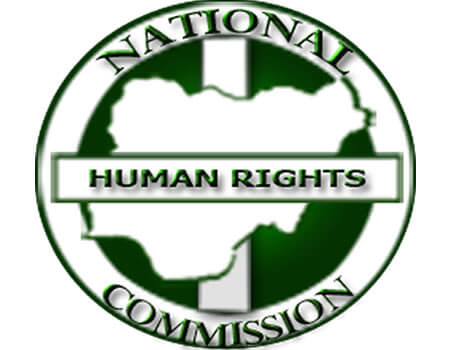
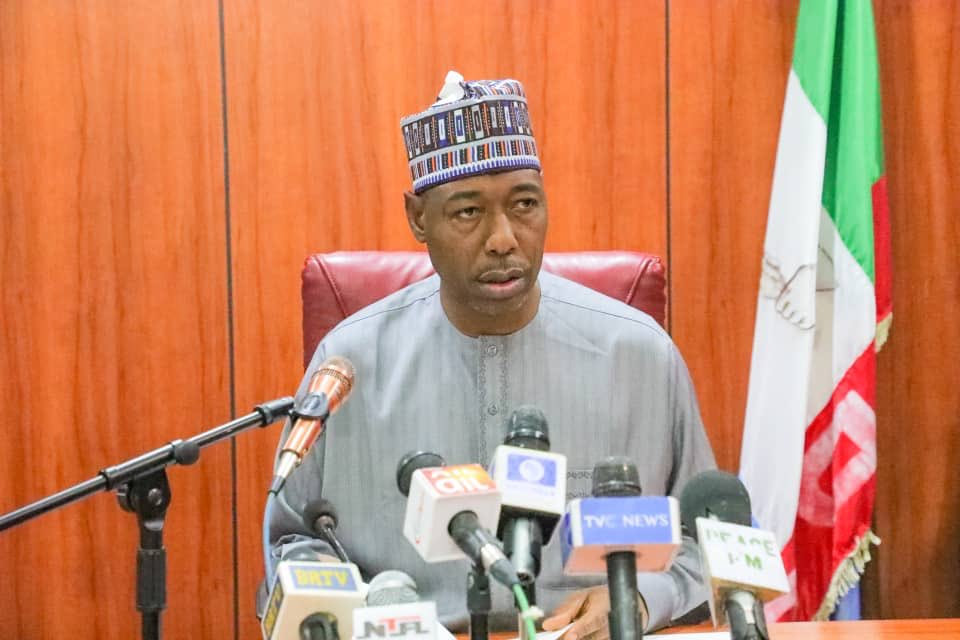
 English (US) ·
English (US) ·